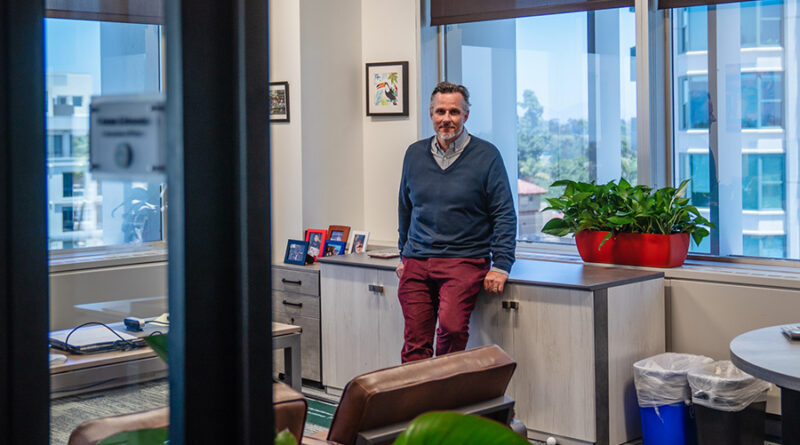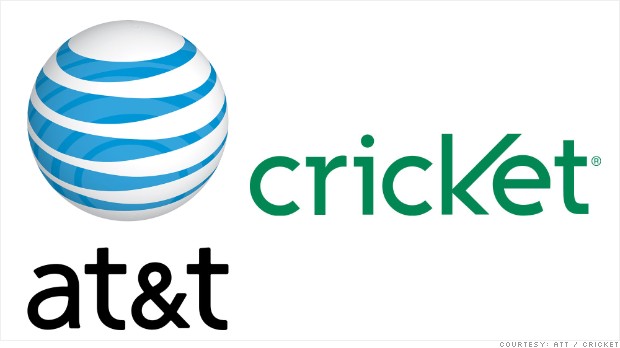Daily Business Report: Monday, April 28, 2025
La Jolla Revolutionaries Have Slim Chance
By Voice of San Diego
The La Jolla group seeking to create an independent city is once again short of the required signatures to provoke a long process that would lead to voters deciding on the secession.
But there’s hope: The agency in charge of the process, the Local Agency Formation Commission, is not rejecting the application just yet – officials say they may be able to find valid signatures in the thousands the Registrar of Voters rejected.
Priscilla Mumpower, the assistant executive officer of LAFCO, said the Association for the City of La Jolla was still 218 signatures short after they got an extension to collect more signatures when the first batch was also insufficient. But she said LAFCO has different standards than the Registrar of Voters and can accept signatures that the county did not.
Sacramento Report: Rage Over State’s Fire Insurance Market Sparks Lawsuits
By Deborah Sullivan Brennan | Voice of San Diego
California’s troubled fire insurance market has pushed increasing numbers of homeowners onto the state’s high-risk FAIR Plan. In San Diego alone, FAIR Plan coverage quadrupled over the last few years.
A pair of lawsuits filed against major insurers last week claim that was by design.
Two lawsuits allege that the top 25 insurers conspired to eliminate standard insurance policies, in an effort to boost profits and shed risk. That left homeowners to seek coverage under the state’s last-resort insurance plan, which offers lower coverage at higher premiums.
“By colluding together to cancel existing policies and refusing to write new ones, the insurers were able to force property owners onto the FAIR Plan,” the law firms who filed the suits said in a statement.
Republican legislators (but not Democrats) who share low-credibility info get rewarded with more clicks
By Yu-Ru Lin |Nieman Lab
What happens when politicians post false or toxic messages online? My team and I found evidence that suggests U.S. state legislators can increase or decrease their public visibility by sharing unverified claims or using uncivil language during times of high political tension. This raises questions about how social media platforms shape public opinion and, intentionally or not, reward certain behaviors.
I’m a computational social scientist, and my team builds tools to study political communication on social media. In our latest study we looked at what types of messages made U.S. state legislators stand out online during 2020 and 2021 — a time marked by the pandemic, the 2020 election, and the Jan. 6 Capitol riot. We focused on two types of harmful content: low-credibility information and uncivil language such as insults or extreme statements. We measured their impact based on how widely a post was liked, shared, or commented on on Facebook and Twitter (now X).
Our study found that this harmful content is linked to increased visibility for posters. However, the effects vary. For example, Republican legislators who posted low-credibility information were more likely to receive greater online attention, a pattern not observed among Democrats. In contrast, posting uncivil content generally reduced visibility, particularly for lawmakers at ideological extremes.



